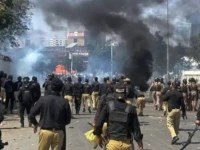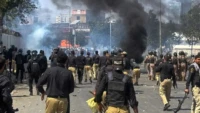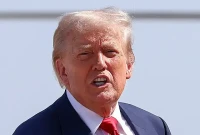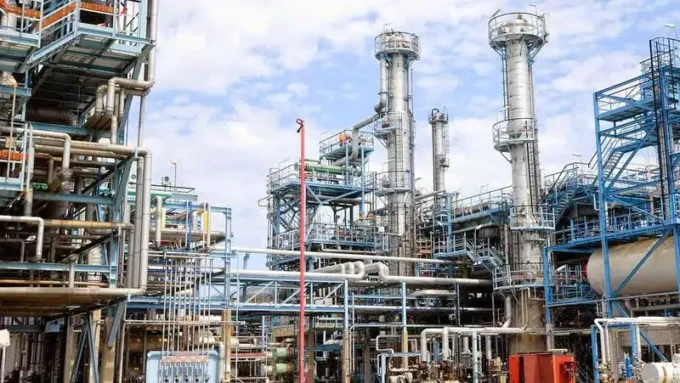Turkey’s economic recovery has encountered significant setbacks amid escalating political turmoil following the arrest of Istanbul Mayor Ekrem İmamoğlu, a prominent opposition figure and potential presidential candidate. On March 19, 2025, İmamoğlu was detained on charges of corruption and alleged links to terrorist organizations, accusations he and his supporters assert are politically motivated. This event has precipitated widespread protests and market instability, casting a shadow over Turkey’s economic prospects.
In the aftermath of İmamoğlu’s arrest, the Turkish lira experienced a sharp decline, reaching a record low of 42 to the US dollar. The central bank intervened by selling approximately $10 billion in foreign currency reserves to stabilize the currency. Despite these efforts, investor confidence has been severely shaken, leading to a significant withdrawal of foreign capital from Turkish markets. Between March 14 and 21, foreign investors pulled out $7 billion from the stock market and additional funds from the bond market.
The political unrest has also manifested in the form of large-scale protests across major cities, including Istanbul, Ankara, and Izmir. These demonstrations, which have been the largest in Turkey in over a decade, have resulted in numerous detentions and heightened tensions between protesters and security forces. The government’s response has been to label the protests as “movements of violence,” further polarizing the political climate.
Economically, Turkey has entered a recession, with GDP contracting by 0.2% in both the second and third quarters of 2025. Inflation remains persistently high, recorded at 48.6% in early 2025, exacerbated by the lira’s depreciation. In an attempt to curb inflation, the central bank unexpectedly raised its key interest rate to 46% from 42.5% in mid-April, signaling a shift from previous policies that favored lower rates.
Internationally, the political developments have attracted criticism from organizations such as the Council of Europe and Human Rights Watch, which have condemned the detention of İmamoğlu as undemocratic. Additionally, credit rating agencies like S&P Global have warned that the political tensions could impede Turkey’s economic reform agenda, potentially leading to further economic challenges.
In summary, Turkey’s economic recovery is facing substantial challenges due to the interplay of political instability and market reactions. The situation remains fluid, with ongoing protests and economic indicators suggesting a period of uncertainty ahead.












I think the political turmoil in Turkey is definitely impacting their economic recovery. Its like trying to swim against a strong current!
Do you think Turkeys political turmoil will continue to hinder its economic recovery, or will they find a way to bounce back? 🤔
Interesting read, but could Turkeys political turmoil actually lead to new opportunities for economic growth? Food for thought 🤔
I dont know about you guys, but I think Turkeys economic recovery is like a rollercoaster ride – ups and downs, twists and turns!
Wow, can we really separate politics and economics in Turkey? Seems like a messy situation. Whats your take on this?
I believe Turkeys economic recovery depends on stable leadership. Political turmoil only adds uncertainty. Whats your take on this?